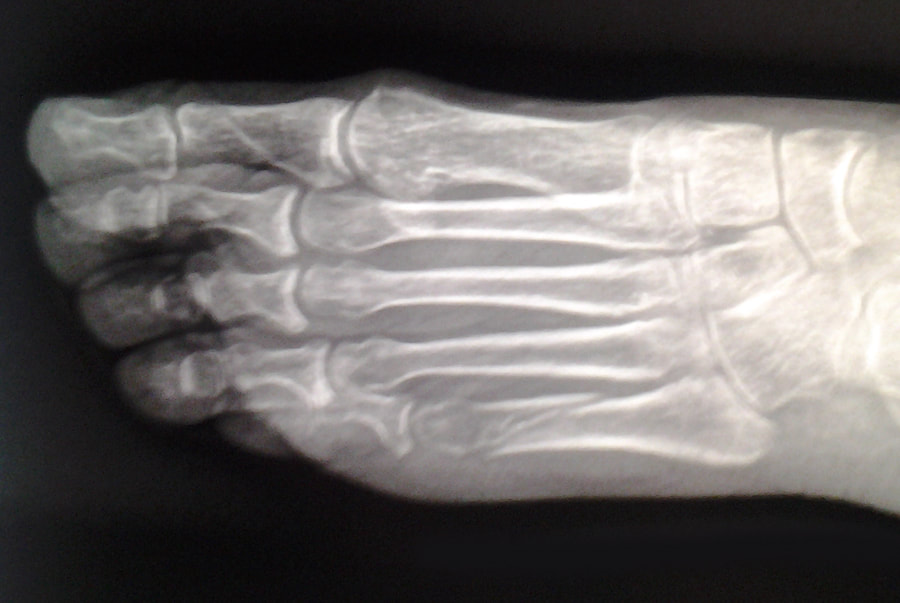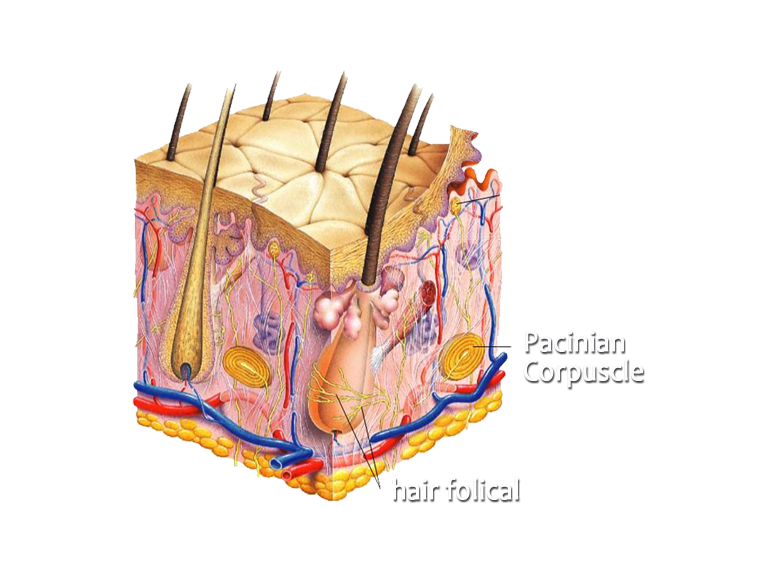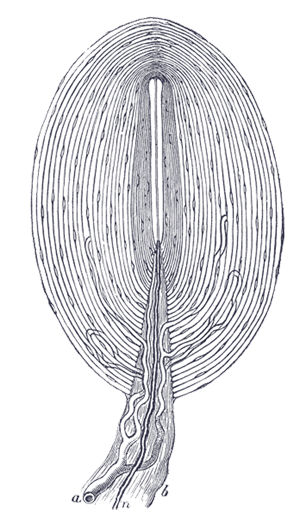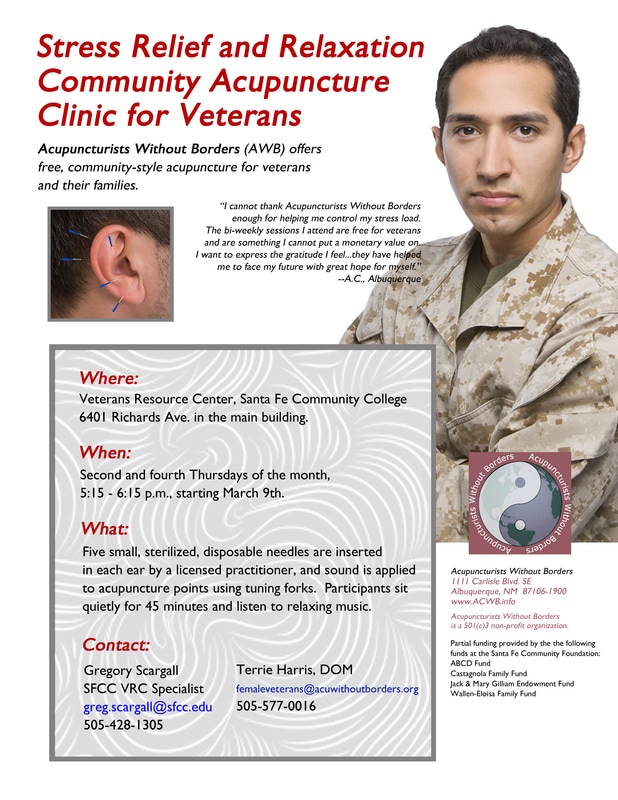Healing is an adaptation or an amelioration: a response of the body to a disruption (injury, disease, trauma) of its normal, reliable, and predictable functionality. Healing processes challenge and change the body in ways that allow it to continue to function—positively and in ways benefiting the body (and mind)—but never returns the offended body-part to its original condition. At best, an injury healed is an altered, temporary condition, like all things in life. An art conservator attempts to arrest the decay of a painting at a moment in time, protecting it from further damage and the aging effects of time by mitigating stresses on the painting, like fluctuations of temperature, exposure to pollutants, and even the humid breathing of museum visitors, but ultimately these efforts fail sometime in the future. The human body, with its amazing ability to fight disease and repair breaches in its functioning, acts as a conservator of our material selves; however, when we are treated for an injury or disease, the repair does not restore the body to its original condition. When breached by a cut, our skin makes a scar. We break the fifth metatarsal bone of our foot and discover that when it’s healed, our little toe will no longer touch the ground because, in the process of healing, the metatarsal bone has shortened. Surviving a liver transplant may result in the need for tri-weekly dialysis treatments for the rest of the patient’s life. A cancer survivor may have lost a body part during the course of treatment, but lives to an old age.
I encourage you to think of Sound Therapy as a healing experience in these terms. Sound Therapy will not restore you to an earlier self devoid of pain, injury, and free of emotional trauma. But what it does do is improve your functionality in the present and may, over the course of a few sessions, result in a positive shift in the experience of pain, trauma, and even mental functioning. As a Sound Therapy recipient, you must participate in the healing of yourself, just as you would if you had a broken bone or a cancer diagnosis. Ultimately, the work is yours and the desire to heal—whatever that means to you—is your responsibility. Sound Therapy is a tool among many that will guide you in that process.






 RSS Feed
RSS Feed